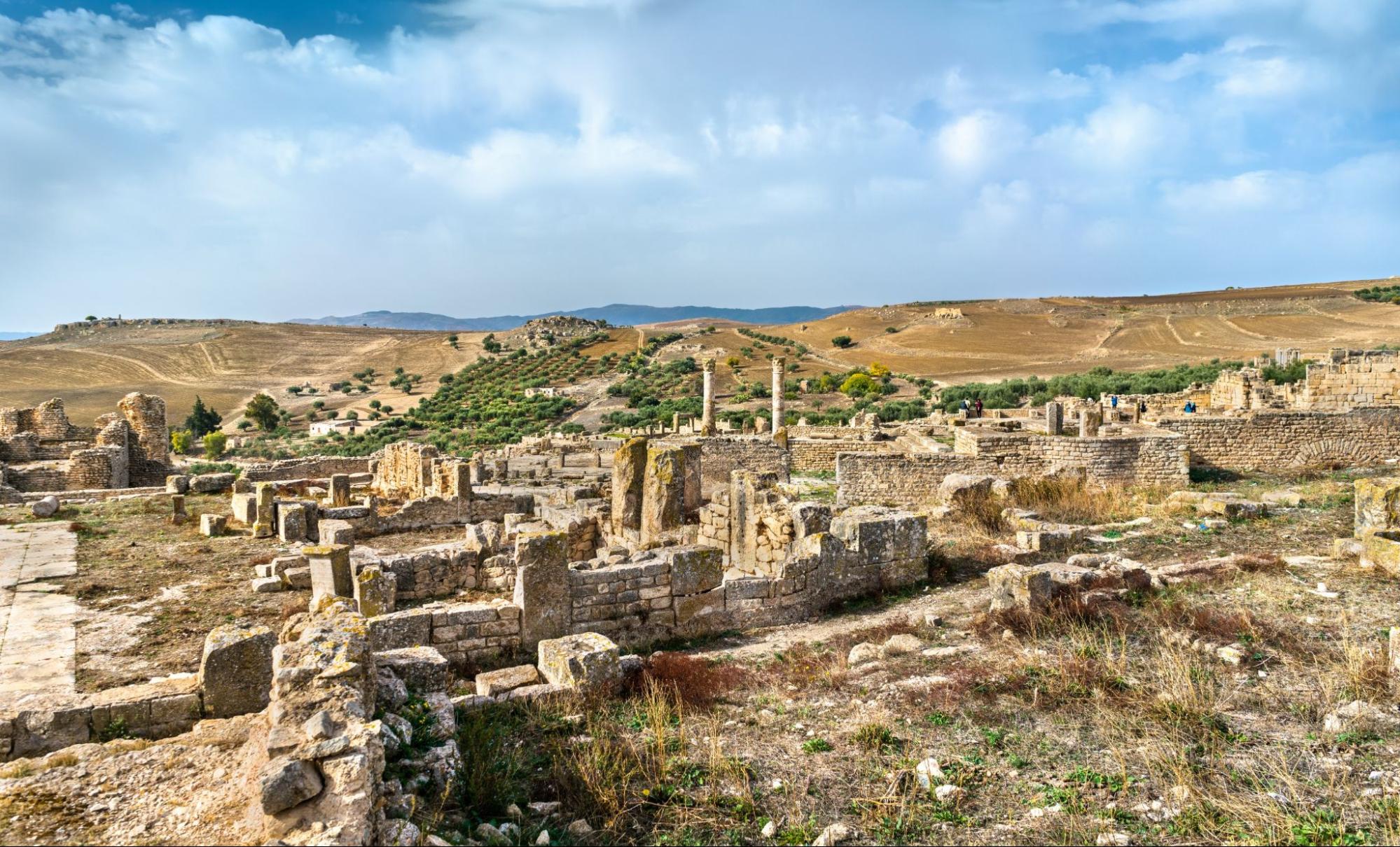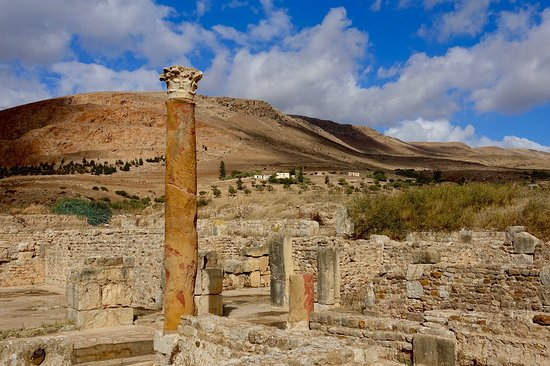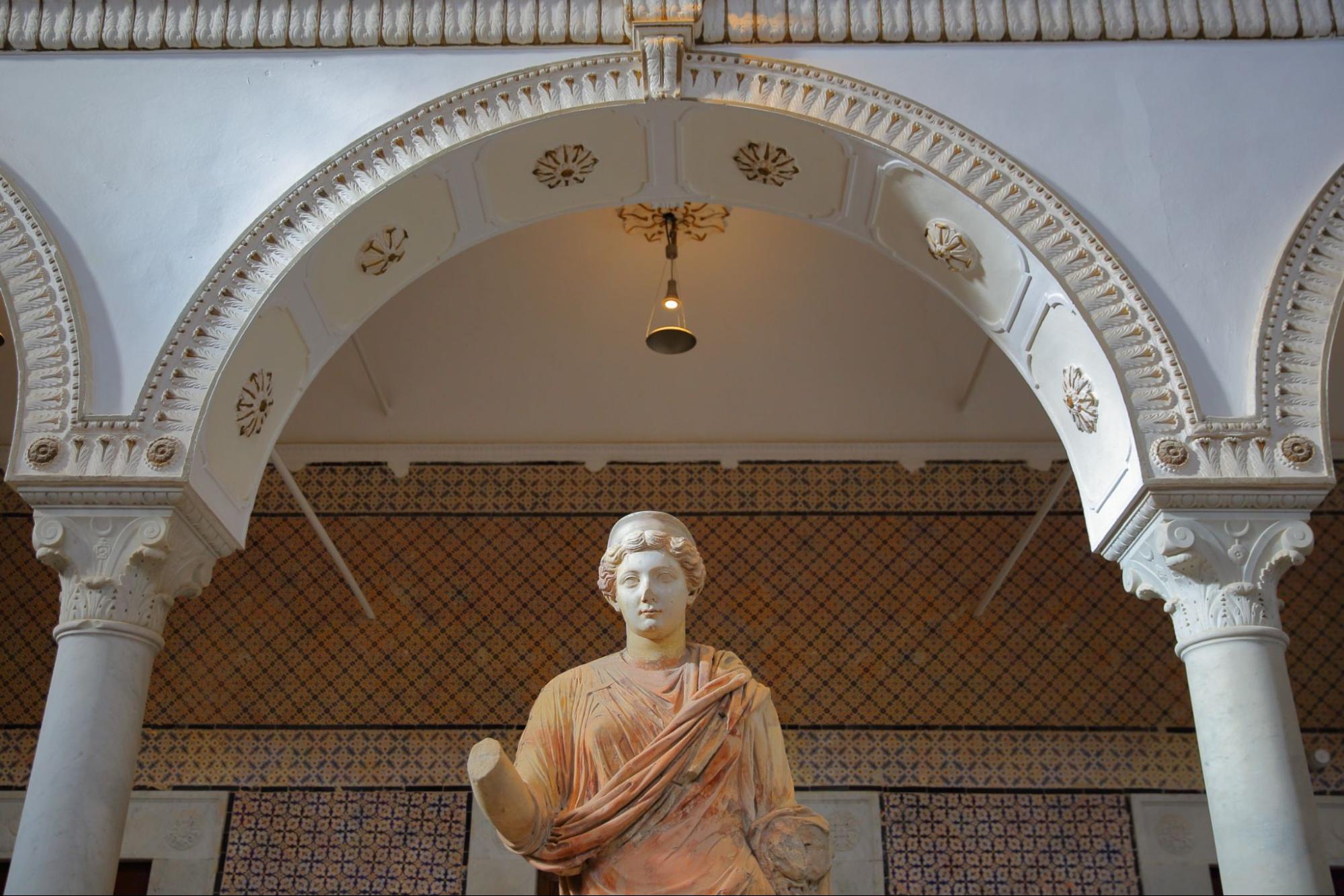Tunisia, a land steeped in history, beckons travelers to explore its ancient Roman heritage, a treasure trove that transcends its recent challenges. While the country has faced adversity, including security concerns impacting its tourism industry, Tunisia's Roman ruins offer a captivating journey through time.

This article delves into some of the lesser-known Roman sites in Tunisia, highlighting their historical significance and the unique experiences they offer to intrepid travelers. To travel to Tunisia, you will need to obtain a Tunisian visa. The type of visa required can vary depending on your nationality, the purpose of your visit, and the length of your stay.
The resonant phrase "Carthago delenda est," signifying "Carthage must be destroyed," encapsulated the fierce rivalry between Rome and Carthage.
It took until 146 BC, following the Third Punic War, for Rome to fulfill this demand by annihilating Carthage and enslaving its inhabitants. Tunisia, today, stands as a repository of a rich Roman legacy, awaiting exploration beyond its recent tumultuous past.
In the annals of Tunisia's recent history, the year 2015 marked a significant turning point, but not one the nation had hoped for. It was a year marred by tragedy, as two heinous terrorist attacks struck at the heart of Tunisia's cultural and tourist landscape.
The first of these tragic events unfolded at the Bardo Museum in Tunis. On that fateful day in March 2015, three militants stormed the museum, indiscriminately targeting innocent visitors and museum staff. The attack resulted in the loss of 22 lives and shook the foundations of Tunisia's cultural heritage.

Just a few months later, in June 2015, another act of terror rocked Tunisia, this time along the pristine beaches of Sousse.
Gunmen attacked tourists enjoying a day in the sun, causing a devastating loss of life. These events sent shockwaves not only through Tunisia but also around the world.
The repercussions of these tragic events were deeply felt in Tunisia's tourism industry. Tourist numbers plummeted as travelers understandably became hesitant to visit a country marred by security concerns.

The thriving coastal resorts, once bustling with sun-seekers and vacationers, saw a stark decline in occupancy rates. Tunisia's reputation as a tourist destination took a severe blow, and the road to recovery appeared long and uncertain.
Amid the gloom, there emerged a glimmer of hope. Over time, the Foreign Office revised its travel advice, reflecting the evolving security situation in Tunisia. This shift in guidance signaled a potential resurgence of Tunisia's tourism sector.
One pivotal moment came in 2018 when tour operators, including the prominent TUI, decided to reestablish their presence in Tunisia.
This move was a significant vote of confidence in Tunisia's ability to provide a safe and attractive destination for travelers. It was a testament to the resilience of the Tunisian people and their determination to rebuild their tourism industry.
While the scars of 2015's tragic events remain, Tunisia is slowly but steadily working to regain its status as a sought-after tourist destination. The country's Roman heritage, as well as its diverse cultural offerings, is drawing the attention of adventurous travelers eager to explore beyond the beaten path.
As Tunisia strives for a brighter future in tourism, the ancient Roman treasures that lie hidden within its borders await discovery, promising a unique and enriching experience for those who choose to explore its historical depths.
While Tunisia's coastal resorts have historically drawn tourists, the recent shift away from beach vacations has allowed the country's hidden historical treasures to emerge from obscurity. Tourism had long been concentrated along the coast, leaving the nation's historical gems largely unexplored.
Dougga, a UNESCO-designated site nestled in the north-west of Tunisia, is a hidden gem waiting to be discovered. Unlike conventional Roman towns with grid layouts, Dougga's unique design harmonizes with the natural terrain.

Visitors can meander through streets, explore ruined houses, marvel at temples, and wander through baths—all in awe of structures that have endured for over two millennia. Opus Africanum construction methods and Latin inscriptions on tribute stones provide intriguing insights into Roman engineering and culture.
Bulla Regia, situated 160 kilometers west of Tunis, near the Algerian border, is another remarkable Roman site. Despite being in the "avoid all but essential travel" zone, as per Foreign Office guidelines, it offers a safe and rewarding experience for tourists. Grid-based streets, opulent villas, temples, baths, an amphitheater, and even a preserved brothel offer a captivating glimpse into daily life during the Roman era.

A visit to Bulla Regia may lead travelers to encounter archaeologists, including Tunisian students, engaged in exciting projects. One such revelation is the discovery of a church and cemetery dating from the 4th to the 7th century.
This archaeological find challenges conventional historical narratives about the Arab conquest and the enduring presence of Christianity in the region.
Located in the heart of Tunis, the Bardo Museum boasts the world's largest collection of Roman mosaics. This cultural treasure invites visitors to immerse themselves in the artistry and history of the Roman Empire.

However, security measures have intensified since the 2015 attack on the museum, leaving indelible memories in the minds of those who lived through the tragedy.
While it may take time for Tunisia's beaches to regain their popularity among tourists, the country's ancient Roman heritage remains an irresistible lure. Beyond the sun-drenched beaches and lavish buffets, Tunisia's historical sites, such as Dougga and Bulla Regia, offer a unique and enriching travel experience.
These sites, along with the awe-inspiring Roman mosaics at the Bardo Museum, beckon travelers to explore a side of Tunisia that has long remained in the shadows but is now poised to shine once more.

To help us improve